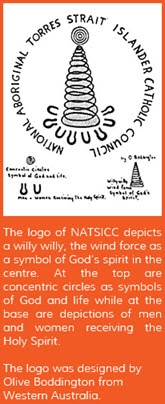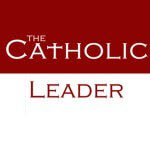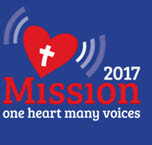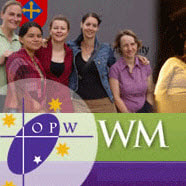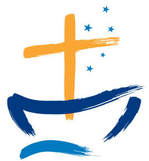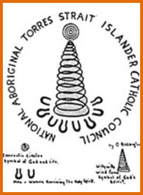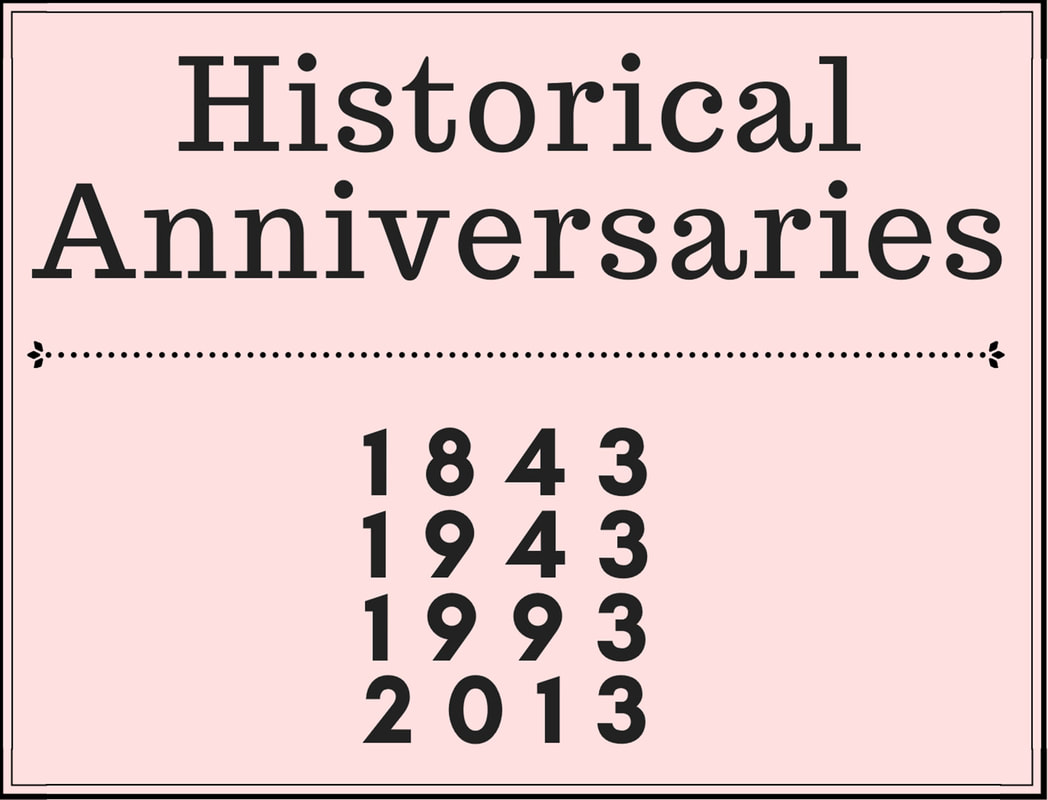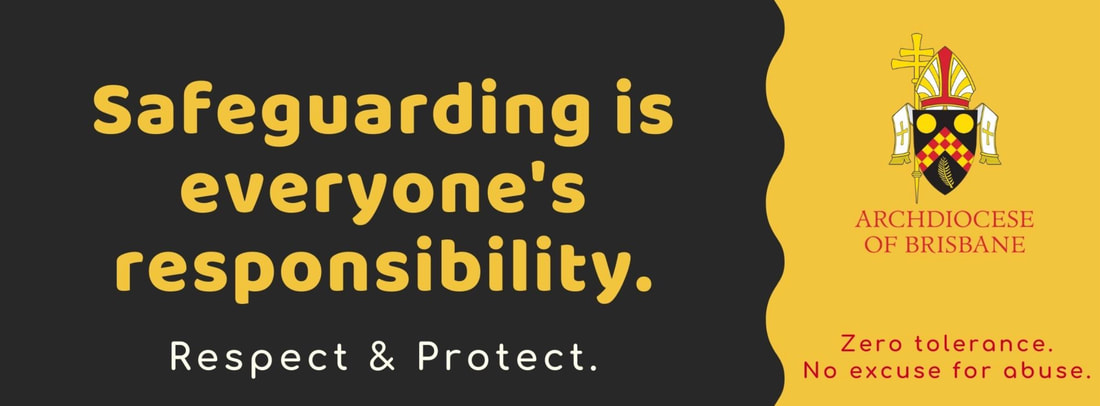Acknowledgement of Country by Uncle David Miller
EXPLAINING THE DIFFERENCE
|
'WELCOME TO COUNTRY'
A ‘Welcome to Country’ is a small ceremony where traditional custodians, usually Elders, welcome people to their land. This is a significant recognition and is made through a formal process, although it’s up to the Elder how they decide to carry out the ceremony. It also depends on the location of the event and the practice of the Aboriginal & Torres Strait Islander community, which can vary greatly according to region. During a ‘Welcome to Country’ the Elders welcome those in attendance, guests, staff and students to their Country. It might be just a simple speech or a performance of some sort, like a song, traditional dance, a didgeridoo piece or any combination of these. ‘Welcome to Country’ should always occur in the opening of the event in question, preferable as the first item. A ‘Welcome to Country’ is often considered a right and not a privilege. |
'ACKNOWLEDGEMENT OF COUNTRY'
An ‘Acknowledgement of Country’ is a way that all people can show awareness and respect for Aboriginal & Torres Strait Islander culture and heritage and the ongoing relationship the traditional owners have with their land. Both Indigenous and non-Indigenous people can perform ‘Acknowledgement of Country’. It is a demonstration of respect dedicated to the traditional custodians of the land (or sea), where the event, meeting, school function or conference takes place. It can be formal or informal. An 'Acknowledgement of Country' is a ceremony that pays respects to the Aboriginal & Torres Strait Islander Traditional Owners of the area on which the Parish, school or organisation stands and surrounds, or where a speech, event or presentation is taking place. |
|
Protocols for welcoming visitors to country have been a part of Aboriginal & Torres Strait Islander culture for thousands of years.
The use of Acknowledgements or Welcome to Country have become more common place since the creation of Reconciliation Action Plans (RAPs), which places an Acknowledgement or Welcome to Country as an important step in the process of practical Reconciliation in this country. The National Aboriginal and Torres Strait Islander Catholic Council (NATSICC) is aware that some Parishes already do it, some do it on special occasions and some do not do it at all. A recent survey of Parishes in Australia indicated a strong desire to pay respect and acknowledge those that walked upon and cared for the land for thousands of years and still continue to do so. NATSICC would like to recommend that Parishes consider the following forms of Acknowledgement:
NATSICC is happy to assist you to implement any of the above recommendations. Additionally, your local Aboriginal and Torres Strait Islander Catholic Ministries work very hard in the community and provide a great resource to Parishes. Thank you to NATSICC and www.creativespirits.info for explaining the difference and to NATSICC for outlining how our parishes, agencies, schools and communities can be involved. This information has been adapted from the NATSICC booklet for Sunday 2nd July 2017. |
OTHER DOCUMENTS, ARTICLES, VIDEOS, HISTORICAL ANNIVERSARIES
|
Joan Hendriks & Gerard Hall SM - 'The Natural Mysticism of Indigenous Australian Traditions'
Joan Hendriks - Indigenous Theology Symposium 2010 ACU Brisbane – 6 minute YouTube video Auntie Joan Hendricks has given permission to use the hyperlink of her documents and her videos for use on our website
1843
Foundations of Stradbroke Island Aboriginal Mission and Catholic Church in Brisbane 75th Anniversary in South-East Queensland. Details are still to come for the 175th anniversary of our church in south-east Queensland in 2018. The year 1843 saw the arrival of 4 Passionist priests in May-June to begin an Aboriginal Mission at Dunwich, and two priests for Brisbane Town in December. Archbishop Polding of Sydney visited this area of his Archdiocese in May-June. (Brisbane was not proclaimed a diocese until 1859 when Queensland became a separate state). More information to come. 1943 For the centenary in 1943, during the 2nd World War, a week of celebrations was held in St Stephen’s Cathedral and each parish was asked to commemorate the centenary as well. Some of the Cathedral highlights between Sundays May 23rd to 30th included, May 23 Sunday High Mass, Rosary, Procession of all Sodalities in honour Our Lady Help of Christians May 24 Children’s 10am Mass for boys May 25 Children’s 10am Mass for girls.7.30pm youth rally in the Cathedral, May 26 Mass 10am for the Deceased of the Archdiocese. Assembly of reps of all Catholic Women’s Organisations May 27 Mass 10am for Religious Teaching Orders. Men’s Night Rally May 28 Exposition of Blessed Sacrament all day. Night Adoration in reparation for sins of the world. May 29 Confessions for most of day. May 30 General Holy Communion in every parish throughout Archdiocese. Mass of Thanksgiving 11am. Evening Benediction 1993 A 150th Anniversary Mass in the 1993 was celebrated at Dunwich. One of the Stradbroke Island Elders was Aunty Rose Borey, who had presented a Stradbroke Island language Lord’s Prayer to Pope John Paul II on the Alice Springs Dreaming Track in 1986. The book ‘A Spirituality of Catholic Aborigines and the Struggle for Justice’ was launched at the 1993 Stradbroke Island Celebrations and at the Brisbane Archdiocesan Pastoral Council. One of the editors was Aunty Joan Hendriks. For the 175th anniversary, stories were shared in the book by Catholic Indigenous Elders and younger adults, including Joan Hendriks, David Allie, Etta Attel, Flo Bargo, Rosemary Bell, Rose Borey, Noeleen Campbell, Rae Clevens, Ian Delaney, Graham and Marilyn Dillon, Phyllis Donovan, Albert Dynevor, Patrick Jerome, Evelyn Parkin, Bill Toby, Ernie Trevaskis, Ravina Waldren and Zita Walsh. The resource was in-serviced at a Brisbane Catholic Education APRE workshop the same year. 2013 Another anniversary Mass was in 2013 at Dunwich for the 170th anniversary. Archbishop Mark Coleridge was the main celebrant. The Stradbroke Island community and the wider Cleveland Parish were the hosts. |
